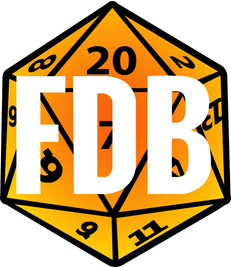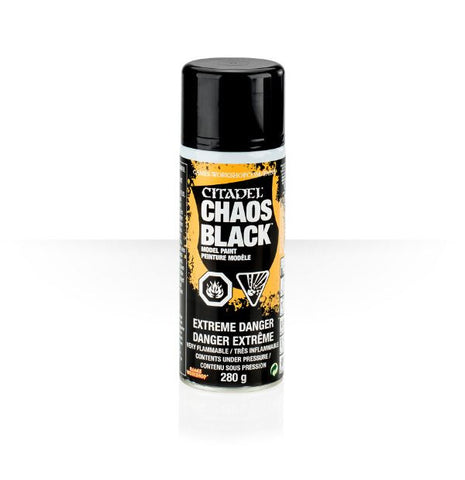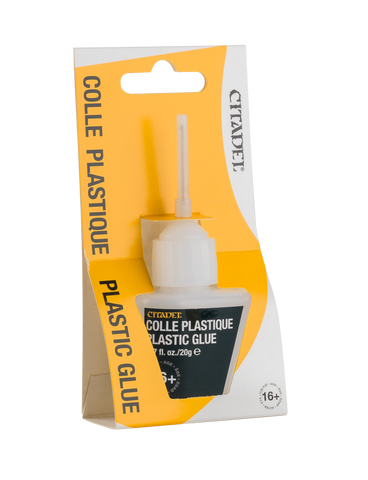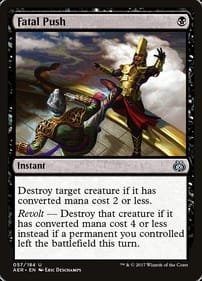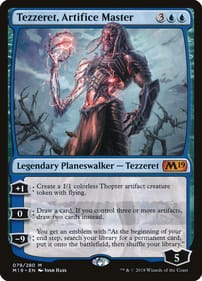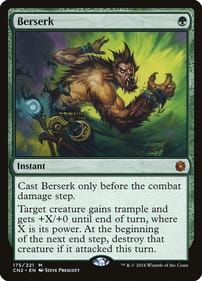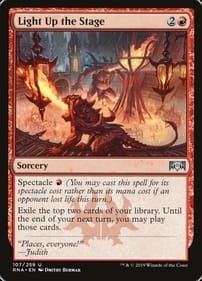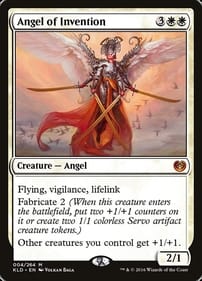US Army weapons teams
- Description
- 2-man Sniper team
- 3-man Light Mortar team
- 2-man Flamethrower team
- Prices
Infantry weapons teams are a key component of any Bolt Action army, providing as they do great tactical flexibility for your force. Anti-tank teams and flamethrower teams are among the most prevalent, presenting your opponent with multiple challenges to overcome.
The tasks of scouting and sniping were similar in American doctrines. In the US manual it was clearly stated that the duty of a sniper was to kill enemy officers in order to damage the morale of enemy troops. They were equipped with a telescopic sight on a M1903 bolt-action Springfield rifle, and also had close-combat weapons such as pistols and shotguns with which to defend themselves if discovered. Both members of the team had sniper training so the role of spotter was interchangeable.
Mortars were the most commonly available type of support weapon. Paratroopers and Rangers had one mortar per platoon, in addition to those that may have been assigned at company level. Normally they were deployed in a suitable rear position, no further than 100 yards from the observer in order to ‘cover the most dangerous approaches to the platoon area’. The standard light mortar was of relatively large calibre at 60mm. It fired a correspondingly larger and more effective shell over a greater range than the smaller mortars used by the Germans and the British. The only problem was the weight (19kg) that meant a larger team was needed to move it.
Flamethrowers were used throughout the war, especially in the Pacific, to clear out tunnels and bunkers. During the Normandy landings, the number of flamethrowers was increased to allow the men to open a gap in the fortified lines.
Contains the following Warlord Resin PlusTM figures:
Related Products
Basecoating - $7.99
Character - $12.99
Detail - $10.99
Drybrush - $7.99
Highlighting - $7.99
Precise Detail - $7.99
Small Drybrush - $10.99
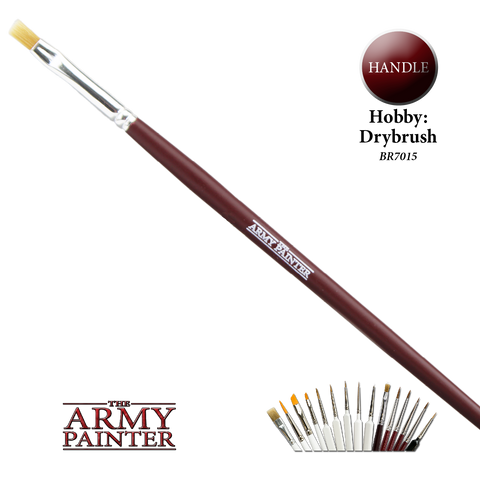
Army painter Brush
Varies
Layer - M - $13.05
Layer - S - $11.93
Shade - L - $17.33
Dry - M - $9.68
Scenery - L - $15.08
Scenery - M - $13.50
Texture - $11.03
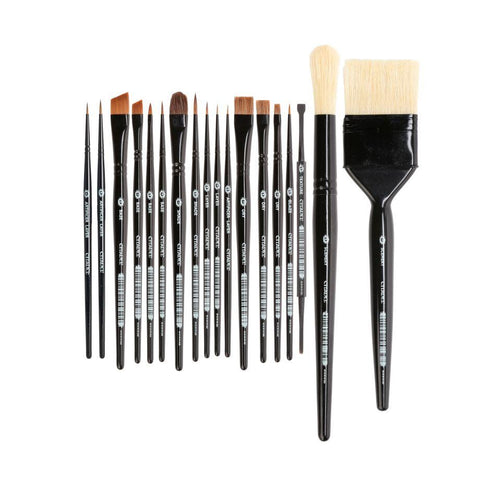
Citadel Brushes
Varies

